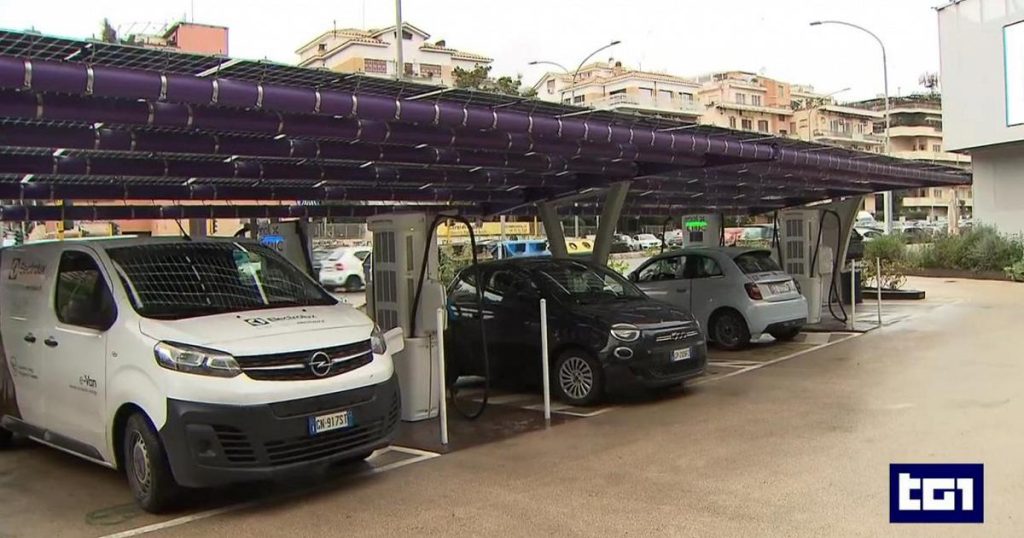Prices for electric vehicles tend to be higher on average compared to traditional combustion engine vehicles. This is due to the higher cost of producing electric vehicles, which often require more advanced technology and materials. Additionally, electric vehicles are often marketed as more environmentally friendly and fuel-efficient, which can contribute to the higher price tag. Despite the initial higher cost, many consumers are starting to see the long-term benefits of owning an electric vehicle, such as lower fuel and maintenance costs.
One of the main reasons for the higher prices of electric vehicles is the cost of the battery technology used in these vehicles. Lithium-ion batteries, which are commonly used in electric vehicles, are expensive to produce and can account for a significant portion of the overall cost of the vehicle. Advances in battery technology are continually being made to reduce costs and increase efficiency, but for now, batteries remain a key factor in the higher prices of electric vehicles.
In addition to the cost of the battery technology, electric vehicles also require other components and materials that are more expensive than those used in traditional combustion engine vehicles. This includes electric motors, inverters, and other electronic components that are necessary for the operation of the vehicle. These components are often more complex and require more specialized manufacturing processes, which can contribute to the overall higher cost of electric vehicles.
Another factor that can contribute to the higher prices of electric vehicles is the limited economies of scale in production. Compared to traditional combustion engine vehicles, electric vehicles are still produced in smaller numbers, which can result in higher manufacturing costs per vehicle. As the demand for electric vehicles grows and production volumes increase, it is expected that economies of scale will improve and help to reduce overall costs, making electric vehicles more affordable for consumers.
Despite the higher initial cost of electric vehicles, many consumers are starting to see the long-term benefits of owning an electric vehicle. With lower fuel costs and reduced maintenance requirements compared to traditional combustion engine vehicles, electric vehicles can offer significant long-term savings for owners. Additionally, as more charging infrastructure is built and range increases, the convenience and practicality of owning an electric vehicle continue to improve, making them an attractive option for many consumers.
In conclusion, while prices for electric vehicles may be higher on average compared to traditional combustion engine vehicles, the long-term benefits and cost savings of owning an electric vehicle are becoming increasingly apparent to consumers. With advances in battery technology and manufacturing processes, it is expected that the cost of electric vehicles will continue to decrease over time, making them a more accessible and environmentally friendly option for consumers. As the demand for electric vehicles grows and production volumes increase, it is likely that economies of scale will further drive down costs, making electric vehicles a more competitive option in the automotive market.


